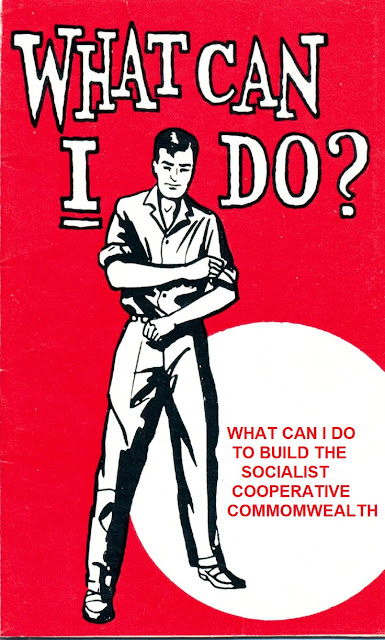Human rights goes back to 1946, when the first meeting took place of the UN Commission on Human Rights. Eleanor Roosevelt, widow of the late President of the United States, was in the chair.
The Commission was expected to draw up two documents: a Declaration of Human Rights and an International Covenant defining the principles of human rights and making them legally binding on all signatories.
At the second session, at Geneva in November 1947, the Commission decided that three stages would be necessary — Declaration, Covenant, Implementation. The third session added a Preamble and eventually, in December 1948 in Paris the Declaration, and only the Declaration was accepted. The Covenant had to wait until 1966 for its adoption. And the Implementation? We still await its effective implementation across much of the world regardless of the signatures on treaties and protocols.
Instead of bewailing the sad state of human rights, we should ask why they are so often violated.
Sometimes it is simply a case of capitalism being unable to satisfy those rights. Thus although Article 25 of the Declaration states that everyone has the right “. .. . to a standard of living adequate for the health and wellbeing of himself and of his family including food, clothing and housing”. If the history of human rights proves anything, it is that they cannot be achieved within a property society. The private property system is itself a matter of privilege and therefore a denial of the right of equal standing to the vast majority of the world’s people.
What about the violations of human rights to liberty? The plain fact here is that a ruling class which suppresses opposition does so because it sees that opposition as a threat to its own position. A privileged class will always struggle to keep its privileges—often by force and suppression.
Human rights are an outgrowth of both the competitive class and social division of society and the existence of the state. Just as people who do not keep lions do not need a set of written lion safety manuals, so a society of free individuals without a state will not need a written set of state safety manuals. Instead of rights on paper, we would have the practical fulfilment of human needs with the equal access to sufficient democratic power to secure those needs.
We should not let ourselves depend on these judges for our freedoms, though. We can defend ourselves and protect what freedoms and rights we have best by building our own movement for socialism and pursuing the class struggle. We can only ever have the rights we fight for and can defend.


No comments:
Post a Comment